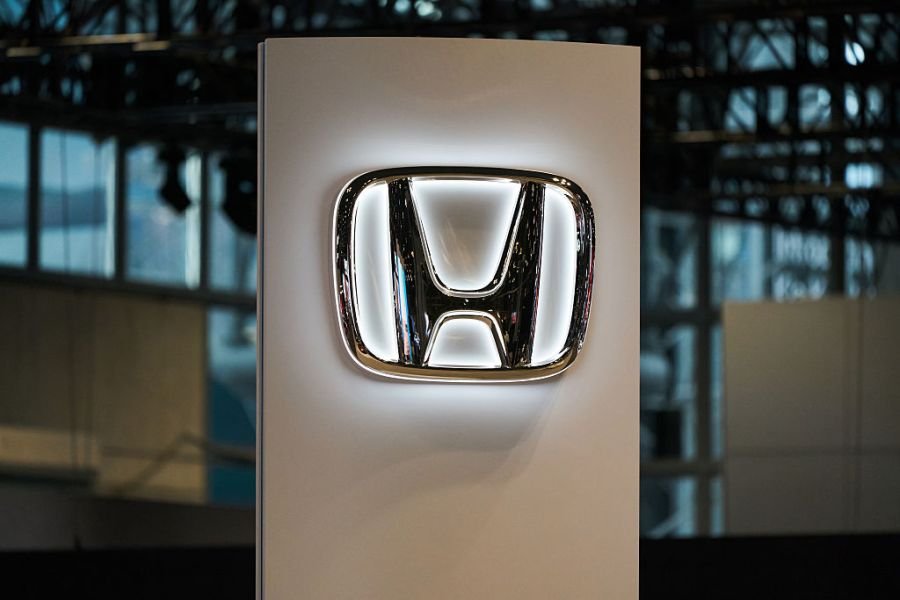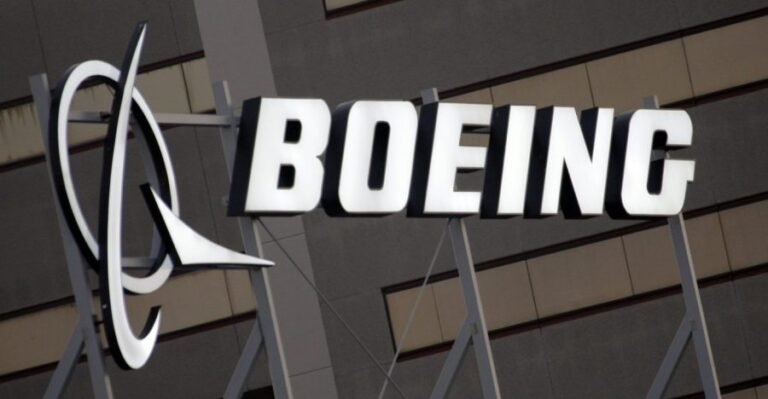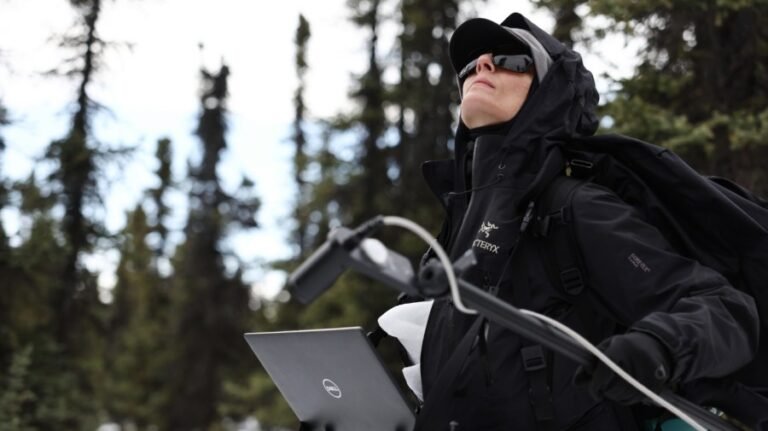
Honda successfully launched and landed its experimental reusable rocket at its facility in Japan, the company said in a surprise announcement on Tuesday.
The rocket reached an altitude of 271.4 meters, or roughly 890 feet, and landed within 37 centimeters, or roughly 15 inches, of the target touchdown point, the company said. The duration of the flight was 56.6 seconds.
“The test was completed successfully, the first time Honda landed a rocket after reaching an altitude of nearly 300 meters,” according to the company’s press release.
The goal of the test, according to the company, was “to demonstrate key technologies essential for rocket reusability, such as flight stability during ascent and descent, as well as landing capability,” which the company says it achieved.
Honda said in 2021 that it is conducting research and development in the field of space technologies. The company now says it aims to launch a suborbital spaceflight by 2029.
“Although Honda rocket research is still in the fundamental research phase, and no decisions have been made regarding the commercialization of these rocket technologies, Honda will continue making progress in the fundamental research with a technology development goal of realizing technological capability to enable a suborbital launch by 2029,” the press release said.
The company joins a crowded field of companies interested in reusable rockets. Honda said it expects “greater utilization of a data system in outer space through expanded use of satellites” will increase demand for satellite launch rockets in the coming years.
“We are pleased that Honda has made another step forward in our research on reusable rockets with this successful completion of a launch and landing test. We believe that rocket research is a meaningful endeavor that leverages Honda’s technological strengths,” Toshihiro Mibe, Global CEO of Honda, said in a statement.
“Honda will continue to take on new challenges—not only to offer our customers various services and value through our products, while addressing environmental and safety issues, but also to continue creating new value which will make people’s time and place more enjoyable,” Mibe added.


